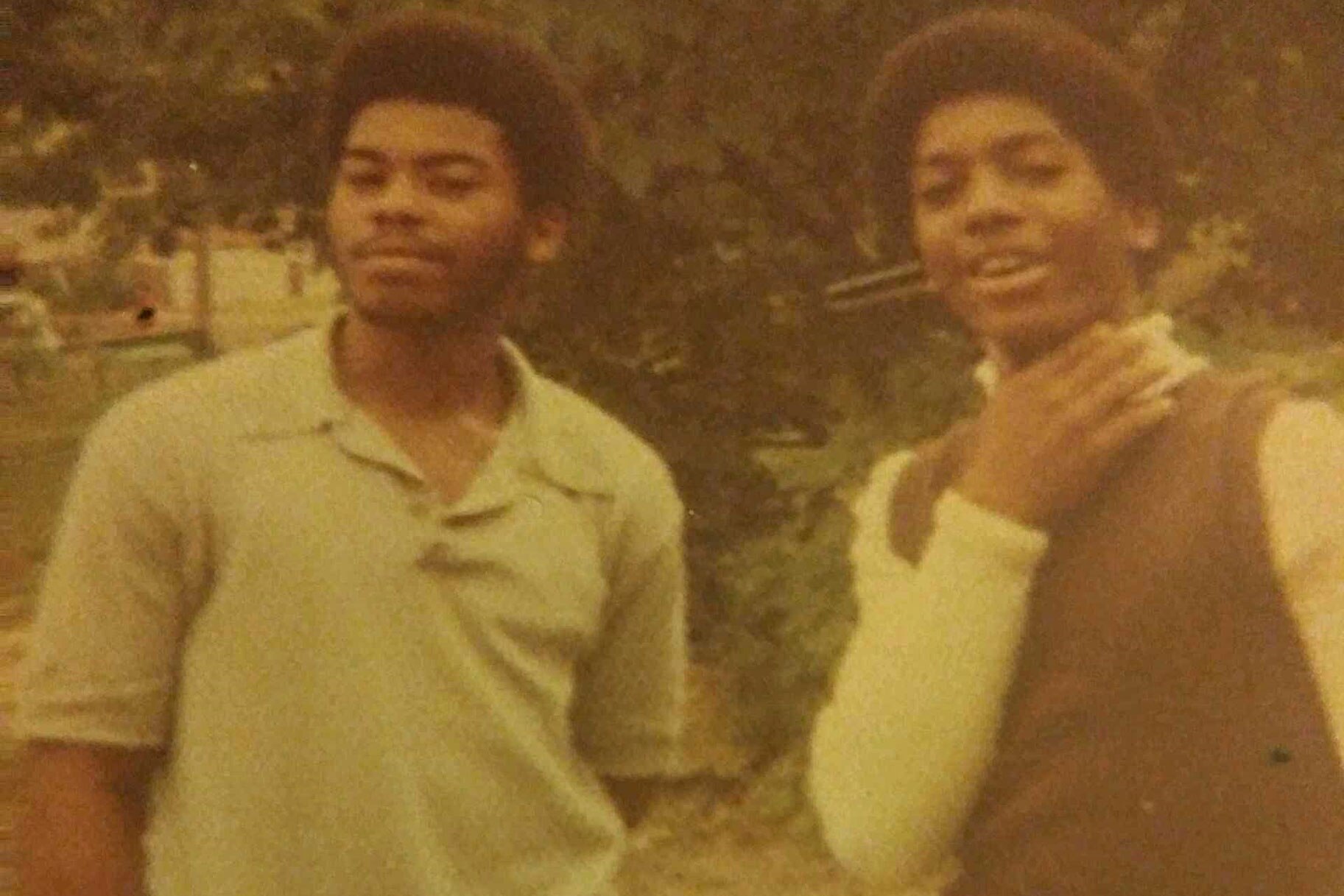Create a free profile to get unlimited access to exclusive videos, breaking news, sweepstakes, and more!
Kevin Strickland Is A Free Man After 43 Years In Prison For Triple Murder He Says He Didn't Commit
After 43 years in prison, Kevin Strickland's first stop as a free man was to his mother's gravesite. She died in August while he was still fighting for his freedom.

After serving 43 years in prison for triple homicide, a Kansas City man learned that he would soon be free – ending one of the longest wrongful convictions in U.S. history -- when the news alert flashed across the television screen as he was watching a daytime soap opera.
On Tuesday, Senior Judge James Welsh set aside Kevin Strickland’s conviction and ordered his immediate release from Western Missouri Correctional Center in Cameron. After a three-day evidentiary hearing earlier this month, Welsh found that there was no physical evidence linking him to the crime, as well as the two other men convicted of the murders saying Strickland wasn't involved and the only eyewitness recanting her testimony.
“I’m not necessarily angry. It’s a lot. I think I’ve created emotions that you all don’t know about just yet,” Strickland told reporters after his release, according to NPR. “Joy, sorrow, fear. I am trying to figure out how to put them together.”
As previously reported by Oxygen.com, four people were drinking and smoking at a home in Kansas City that was a popular hangout spot when four men entered and shot them in 1978. Three of them – Sherrie Black, 22, Larry Ingram, 21, and John Walker, 20, died. Initially, Cynthia Douglas, the only survivor, identified Strickland as one of the suspects. She was shot in the leg and the arm.
Strickland has always maintained that he was innocent and at home watching television when the murders occurred.
His first trial ended in a hung jury when the only Black juror held out for an acquittal. Strickland, who is Black, was convicted by an all-white jury in the second trial and sentenced to life in prison without the possibility of parole.
A short time after Strickland’s conviction, Douglas started telling friends and family that she identified the wrong man after being pressured by police, according to court documents. In 2009, she sent an email to the Midwest Innocence Project, which helps those wrongfully convicted. She died in 2015 from heart complications at the age of 57.
“I am seeking info on how to help someone that was wrongfully accused,” Douglas wrote, according to the New York Times. “This incident happened back in 1978, I was the only eyewitness and things were not clear back then but now I know more and would like to help this person if I can.”
Strickland reached out to the nonprofit organization around the same time, which led them to open an investigation. The Kansas City Star reviewed the case in 2020. The newspaper reported that Vincent Bell and Kilm Adkins, who both pleaded guilty to the murders in 1979, swore that Strickland was not with them.
Jackson County Prosecutor Jean Peters Baker reviewed the case and determined that Strickland was telling the truth. In June, after the Missouri State Supreme Court denied Strickland’s petition for release, Peters Baker asked for an evidentiary hearing.
Much of that hearing revolved around Douglas. The Missouri Attorney’s General Office, which was against the exoneration, argued that Douglas did not recant her testimony.
“By all accounts, Douglas was hysterical at the time, suffering from two gunshot wounds and having just witnessed the execution of three friends,” Welsh wrote.
He also wrote in Tuesday’s ruling, “The court’s confidence in Strickland’s convictions is so undermined that it cannot stand, and the judgment of conviction must be set aside. Absent Douglas’s positive, unequivocal identification of Strickland, there would have been no charge, no trial and certainly no conviction.”
Hours later, Strickland, now mostly confined to a wheelchair because of spinal stenosis, was released. His first stop as a free man was to his mother’s grave site, the New York Times reported. His mother, Rosetta Thornton died in August.
Strickland does not qualify for compensation from the state because he was not cleared by DNA evidence. A GoFundMe page has already raised more than $345,000 for him.
Strickland told reporters that he was unsure of his future, but he would like to help improve the legal system.
“I don’t know what I’m doing right now,” he said, according to the Kansas City Star. “I got some ideas ... to keep this from happening to someone else.”






















